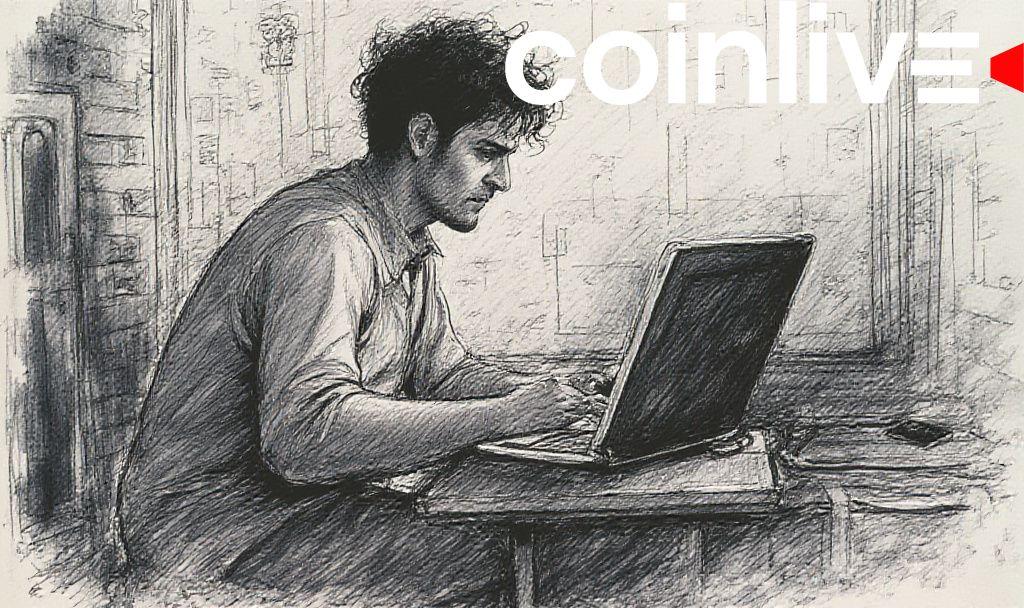- This case raises questions about tech developers’ legal responsibilities.
- The trial could impact the cryptocurrency industry’s decentralization efforts.
- Ethereum’s market may see indirect effects from the ongoing case.
Roman Storm, a developer associated with the cryptocurrency mixing service Tornado Cash, faces criminal charges pursued by the U.S. Department of Justice (DOJ) in Manhattan federal court over alleged money laundering and sanctions violations.
Roman Storm’s trial emphasizes the intersection of privacy-focused cryptocurrency tools and regulatory enforcement, spotlighting the potential impact on the developer community and market sentiment.
Roman Storm’s involvement in Tornado Cash has led to criminal proceedings, highlighting ongoing concerns about privacy tools’ regulatory compliance. The DOJ’s charges focus on money laundering and sanctions evasion, forming a crucial part of regulatory enforcement.
Roman Storm’s allegations include leveraging Tornado Cash for illicit activities. Ethereum co-founder Vitalik Buterin supports Storm, reflecting divisions within the crypto community.
“We need to ensure that technologists building neutral privacy tools are not held to unreasonable criminal standards.” – Vitalik Buterin
Prosecutors, led by the DOJ, dropped one charge but upheld others to effect control of privacy tools.
Legal scrutiny of similar decentralized entities has increased, potentially affecting future development. The trial, scrutinized by crypto advocates, could reshape legal perceptions of neutral tools. Market reactions hinge on these unfolding regulatory interpretations.
Potential regulatory shifts could redefine privacy tool legality while technological advances in decentralized networks face heightened oversight.
Future enforcement actions might pivot towards platform users, a potential policy evolution supported by emerging internal viewpoints.
The DOJ’s stance could ignite contrasting opinions within the decentralized finance realm, with implications for Ethereum and ERC-20 tokens. The government’s nuanced approach showcases evolving understanding amid rapid tech progress.
